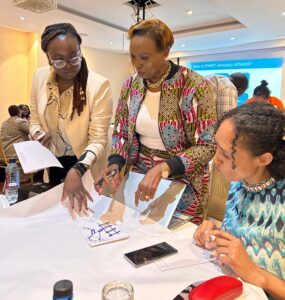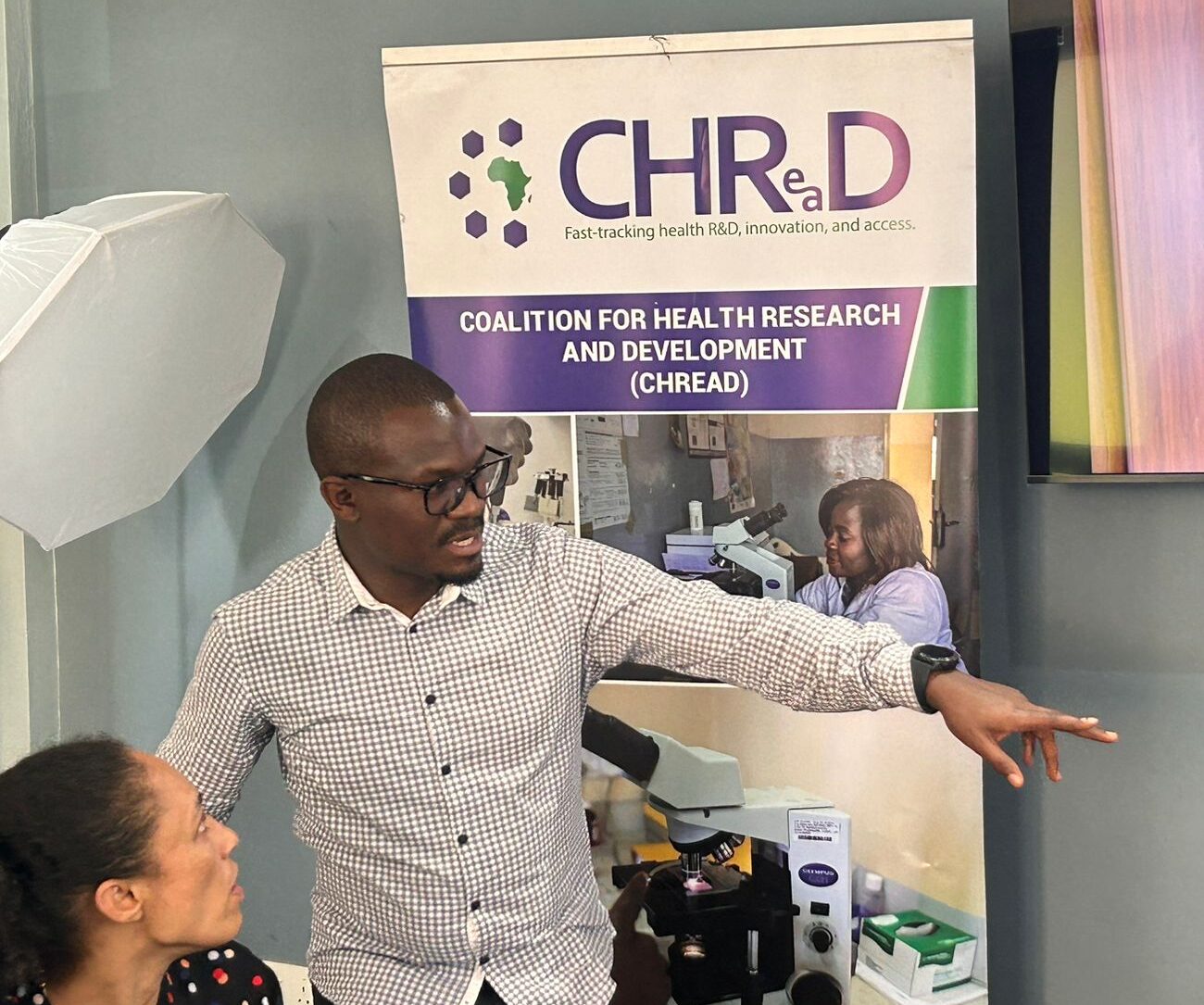In a bold move to reshape Africa’s health landscape, the Coalition for Health Research and Development (CHReaD), in collaboration with the Zihi Institute, the Ministry of Health, Kenya, Kenya Biovax Institute and the Global Alliance for Vaccines and Immunization hosted a high-level webinar spotlighting local vaccine manufacturing dubbed “Reconsidering Access: Insights on Local Vaccine Production in Africa.”

The session attracted an influential mix of stakeholders, government officials, leaders in the vaccine manufacturing industry, global health experts and advocates, civil society organizations, and journalists.
Speaking during the event, Dr. Stephen Njuguna, Director of Health Products and Technologies at the Ministry of Health in Kenya, said, “Our country imports more than 80% of health products and technologies.” This reveals the overreliance of the health sector on foreign production and supply. Dr. Njuguna further noted that “Kenya’s local production is limited to dermatologicals and painkillers.”
He also warned that dependence on international suppliers leaves the country vulnerable to global supply shocks, which could trigger a crisis if medicine shortages ensue.
” We cannot afford to wait,” lauded Dr. Njuguna, ” We must recalibrate policy to give our manufacturers room to breathe and expand.” His view comes at a time when American politics is altering tax exemptions.
With the same tone, Dr. Rabera Kenyanya, the Head of Operations at the Kenya Biovax Institute, lauded the need to further stimulate local production.
Dr. Kenyanya said, “Kenya has a timeline of 5–10 years to reach full operational capacity.” She, however, cautioned that without quality control, “Kenya risks harming a whole generation.”
Mutana Wanjira Gakuru, a Representative of the Global Alliance for Vaccines and Immunization CSO Constituency, underscored the need of leveraging the African Continental Free Trade Area (AfCFTA) to align procurement and create regional demand. Whether Kenya will heed this recommendation or not will be pegged on time.
As the Coalition for Health Research and Development (CHReaD) continues to lead critical conversations on strengthening local vaccine production, Kenyans and indeed all Africans must ask a deeper question: How long can we afford to rely on global systems that have repeatedly failed us in times of crisis? The true measure of health sovereignty lies not in access alone, but in the power to produce, protect, and provide for our own.

